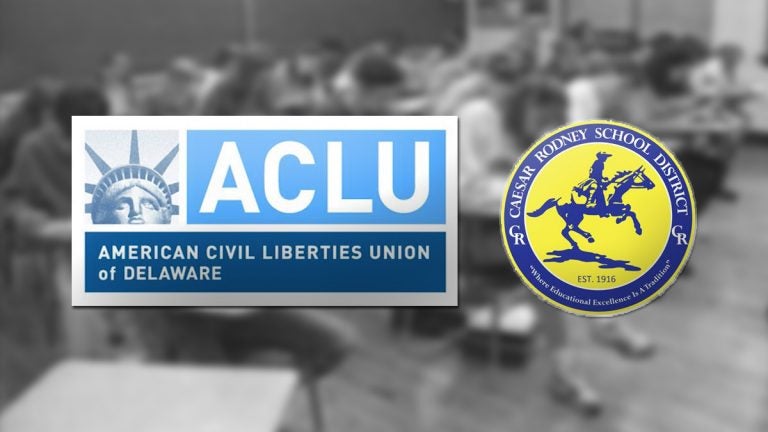ACLU to school district: Stop censoring student Facebook criticisms over gun violence walkout
After Caesar Rodney Schools chief prohibited students and teachers from taking part in the Wednesday walkout over gun violence, the district deleted online complaints.

Caesar Rodney School District's public information officer recently removed comments critical of the superintendent's opposition to the upcoming student walkout. The ACLU cried foul, and the district has relented. (Caesar Rodney School District)
Caesar Rodney School District in Delaware finds itself at the center of a controversy over its censorship of students who support the upcoming student walkout over the recent mass shooting at a Florida high school.
The American Civil Liberties Union has stepped into the fray, claiming the district near Dover violated the kids’ First Amendment right to free speech.
The dispute began Feb. 21, one week after 17 students and faculty were killed by a lone gunman wielding a semi-automatic, assault-style rifle at the Parkland, Florida, school.
That day, district Superintendent Kevin Fitzgerald didn’t mince his words in a letter posted to the district’s Facebook page as he addressed plans for the student walkout set for Wednesday.
Fitzgerald wrote that he “cannot support allowing students to disrupt the educational setting by leaving their classrooms.” Nor would teachers be permitted to walk out during work hours, he wrote.
When students complained on the district’s Facebook page, spokesman Dave Chambers promptly removed the posts. His rationale: Students encouraged behavior that “may be unsafe.”
So the ACLU and its legal director, Ryan Tack-Hooper, weighed in.
“So we got complaints sent to us and thought it would be a good opportunity to send a wake-up call to all the government agencies who have social media accounts, to let them know that the First Amendment applies to them whether they are online or in a physical town hall,” Tack-Hooper said in an interview.
Tack-Hooper stressed that public agencies can remove posts that are threatening or libelous. But fair comment, including strident criticism, of the government and its policies is free speech protected by the U.S. Constitution.
The district has since relented, allowing dissenting views and saying in a new post that “measures were taken to address the concerns.”
But Tack-Hooper would like to see a written policy. He also wants to put other Delaware government agencies on notice.
“We’re sort of directing our message to everyone because there’s lots of social media accounts out there,” he said. “We’re just saying, one of the basics here is that you can’t use your accounts to censor criticisms.”
Fitzgerald has since said he realizes some students will walk out. Whether they will be disciplined remains to be seen.
WHYY is your source for fact-based, in-depth journalism and information. As a nonprofit organization, we rely on financial support from readers like you. Please give today.





